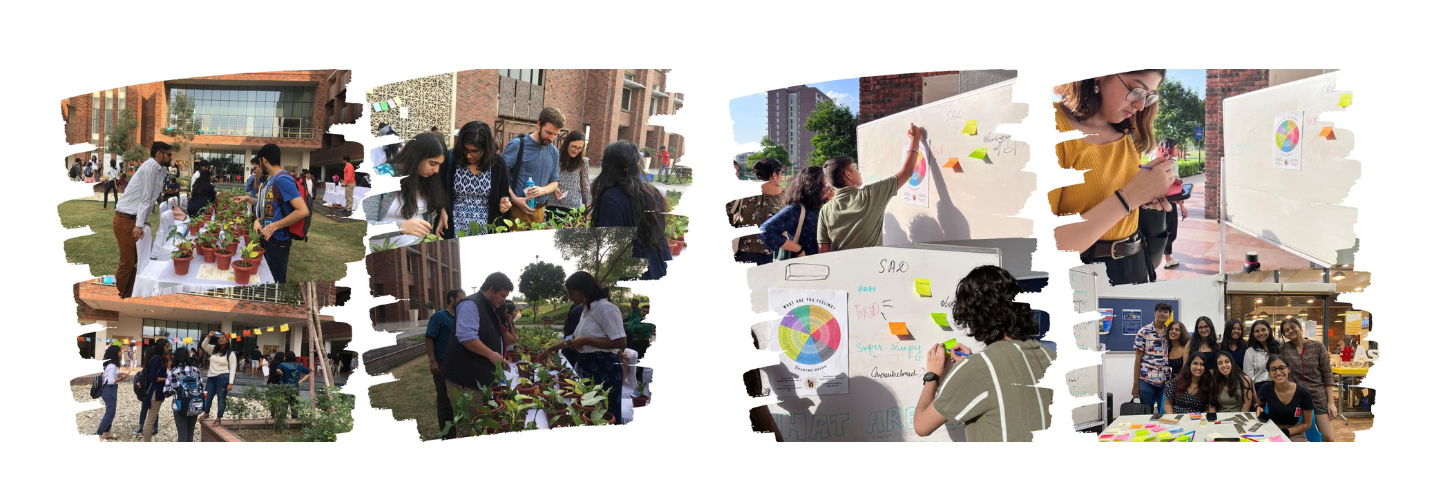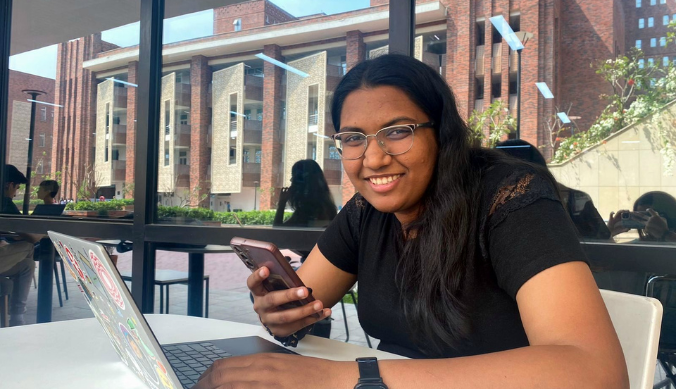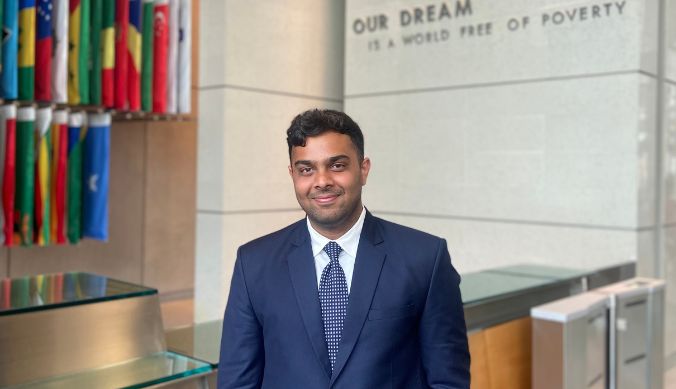Empowering Ashoka Community: Creating a Campus-wide Care System
At Ashoka, we believe that creating an overall culture of well-being by adopting a model that gives agency to the members of the community can empower students, staff, faculty and other members to play an important role in their own and others’ overall well-being
The Ashoka Centre for Well-Being (ACWB) is dedicated to caring for students during their academic journey while creating a campus-wide community of care. Ashoka’s residential setting offers a unique opportunity for students to intimately be part of a strong, opinionated and active community. In this context, students may become vulnerable to stress and anxiety that comes with achieving perfect grades and coping with the social demands of campus life.
Adding to this, the physical and emotional separation from hometowns and families, enhances the aforementioned adjustment issues. Consequently, students have been found to experience symptoms of anxiety, depression, loneliness, anger and feelings of isolation amongst other things.
Thus, at Ashoka University, we believe that creating an overall culture of well-being by adopting a model that gives agency to the members of the community itself, can empower students, staff, faculty and other members to play an important role in their own and others’ overall well-being.
To create such support at different levels of the campus community, ACWB focuses on preventive and promotive aspects of Peer Support Programs that use an interdisciplinary approach such as awareness programs, social media advocacy, interactive workshops and group sessions. These initiatives are very helpful in reducing the stigma around seeking help for mental health concerns as well as building awareness for early intervention. The idea is to collaborate with the student body to run on ground awareness campaigns about mental health and well-being.
One such initiative is the Gatekeepers Program which aims to train different members of the campus community in being first responders in mental health crises. This is done by offering sensitivity training to various student groups, residential advisors, cohort leaders, student representatives, and members of the faculty and teaching staff.
This training involves learning active listening skills, identifying sources of anxiety and acute distress, providing swift support in a crisis situation (e.g. if someone has panic or anxiety attack), and helping connect students with the right resources. The Centre has trained over 500 members through the years, managing to build a well-equipped group of first responders from amongst the campus community.
Student volunteers have played an imminent role in helping create a campus-wide care system. Over the years ACWB has trained over 60 volunteers to be Mental Health Advocates (MHA), whose role is to open conversations about mental health among their peer group, encourage help seeking behaviour and connect those requiring help with appropriate resources.
They do this through various channels including social media, informational posters and interactive events, the most recent being the Well-Being Day. A significant number of students who received the MHA training have emphasized on its usefulness and how it helped them engage with their peers at critical and vulnerable moments.
To make the support system as holistic in nature as possible, the Centre not only conducts “Well-Being at Workplace” workshops for the staff members, but also regularly addresses the parents of the students. These interactions include talks about various mental health concerns students might face in their time at the University and how parents can best support them while also taking care of their own well-being.

Planning relevant and timely interventions is at the core of sustaining a community approach to mental health at Ashoka University. To support this, the Centre regularly studies the various trends in mental health at Ashoka, and how many members of the community are able to access these support systems at various different levels of the organization, under our unique flagship, the Well-Being Lab.
The number of people who have been reached and provided support through having a campus-wide care system is a testimony to how having help available at all different levels of the organization can ensure that mental health support is accessible, inclusive and equitable for all.
Compiled by Team ACWB












